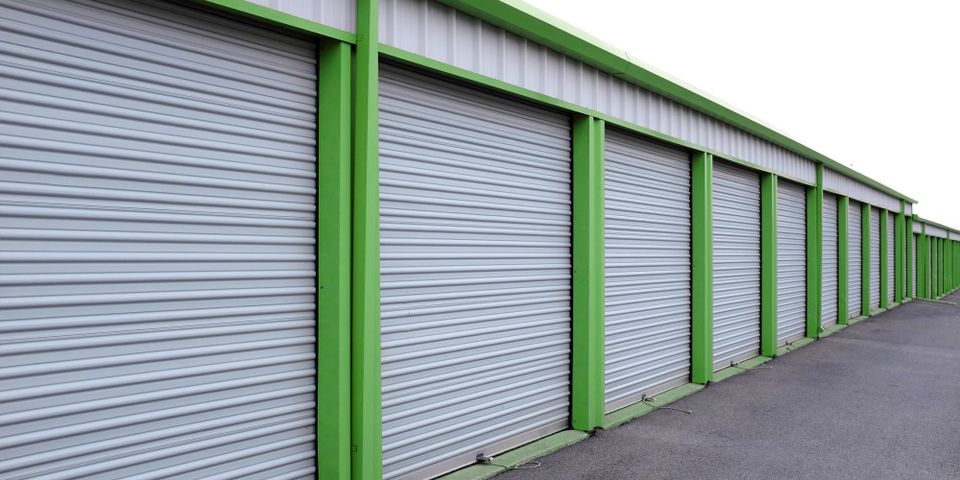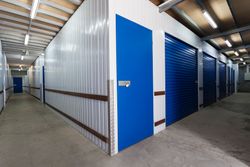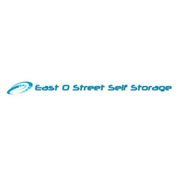Climate-Controlled vs. Standard Self-Storage Units

People store countless types of items, all of which respond differently to their surroundings. If you’re moving some possessions to self-storage, you’ll have two options: standard and climate-controlled. It’s important to understand these options, so you choose the right one for your needs. Below is a breakdown of each to help with your decision.
What Are the Differences Between the Two?
A standard storage unit is a secure room that features an entry point on one side. Once inside, possessions are protected against pests, water, and other factors that could damage your stored items.
 Climate-controlled units maintain a steady temperature throughout the year through an HVAC system. Staff can program them and also ventilate the self-storage unit to best protect your items when temperatures rise or drop.
Climate-controlled units maintain a steady temperature throughout the year through an HVAC system. Staff can program them and also ventilate the self-storage unit to best protect your items when temperatures rise or drop.
What Should Go in Climate-Controlled Storage?
Extreme temperatures are one of the most immediate threats to your possessions. If you’re storing electronics, wood furniture that may split under harsh conditions, books, or financial documents, you’ll want to invest in a climate-controlled option.
Ventilation systems further protect your items on humid days because they don’t allow moisture to build up in the unit, which will protect photos, musical instruments, vinyl records, and paper items.
Climate-controlled units often have a better air quality thanks to the ventilation system, and because climate-controlled units are housed inside other buildings, they have an added barrier against dust. If you’re storing clothing, holiday decorations, or are only storing items temporarily while you’re moving, you may be fine renting a standard storage unit.
If you’re looking for storage solutions in the Lincoln, NE, area, contact East “O” Street Self Storage. This self-storage facility offers units ranging from 10x10 to 20x60, as well as long-term boat and RV storage. Units are carefully monitored 24/7 by security cameras and include state-of-the-art alarms, so tenants’ items are always safe. Call (402) 489-0134 to speak with a leasing agent and visit their website to learn more about their units.
About the Business
Have a question? Ask the experts!
Send your question

